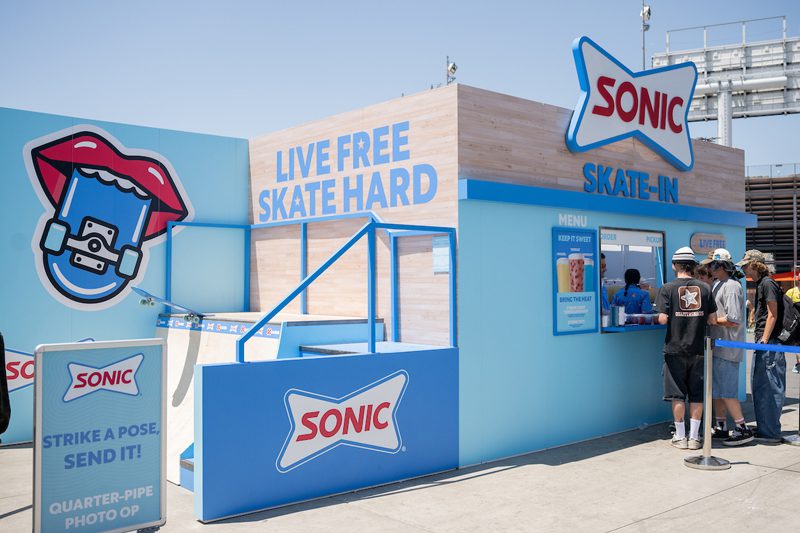(Direct Newsline)— James and her husband, Joseph J. DeSalvo, Jr., who own and run the Pirate’s Alley Faulkner Society and Faulkner House Books, launched an aggressive e-mail marketing campaign when they returned to New Orleans in December.
“We were O.K.,” DeSalvo said of the butter-yellow building off Jackson Square which houses the society, the book shop, and the DeSalvos themselves. “But it took a long time to clean up.”
Faulker House Books is open to walk-in trade, but its owners have also aggressively embraced e-mail to rebuild business after Hurricane Katrina.
The cleanup they faced didn’t stop James from launching an e-mail campaign. “We wanted to do programming for the public that would help offset general feelings of depression here and show people outside the city that things were happening,” she said.
What she set up is a series of book signing and other events with a New Orleans theme. The authors have to be writing about New Orleans or come from the city, if not the parish. James and DeSalvo also established a new Mardi Gras group, the Krewe of Libris.
James described the theme of all the events as “my New Orleans”, which perhaps not coincidently is also the name of a book she just published in which artists, writers, and musicians contributed essays about what New Orleans means to them.
The mailing list was cobbled together from several different sources. First, from people who had e-mailed the DeSalvos to find out if they were all right. Then from the 1,200 or so customers who left their e-mail addresses at the bookshop for one reason or another.
James also used the email addresses she had from entries and participants in two annual events she runs: a national literary competition, now in its fourteenth year, and the fall Words and Music festival, which James had to cancel because of Hurricane Katrina. In addition, members of the Pirate’s Alley Faulkner Society contributed e-mail address from their personal contact lists.
The 10,000 or so names she has e-mailed have gathered a 20% response rate, half of which is from people who are out of town.
“A lot of this buying every book that mentions New Orleans is a way of supporting New Orleans,” James explained. “They’re inclined more than ever to spend their money through business.”
While the purchase of a $20 to $40 signed book, whether in person or by e-mail order, adds up to a lot of support, James herself was most touched by the response her e-mail solicitation to join the Krewe of Libris received.
“Fifty percent were out of town. They bought memberships in the society just to come to the event,” she explained.
With the benefit of hindsight, she credits the huge number of out-of-town friends of New Orleans to the need to see what is happened in the city they love and the need to be with people while they are visiting. And the venue— Mardi Gras exhibition in the Louisiana State Museum— certainly an inspired choice.
“I was pleasantly shocked by the response,” James said. “I was prepared for more guests than we expected, but I was not emotional prepared to see 200 people in costume. I expected 100.”
And no, they didn’t run out of food. Katrina or no Katrina, this is New Orleans.
This article is part of a weeklong series Direct Newsline is featuring on direct marketing and the economic recovery of New Orleans.
 Network
Network


 Photograph by Richard H. Levey
Photograph by Richard H. Levey
